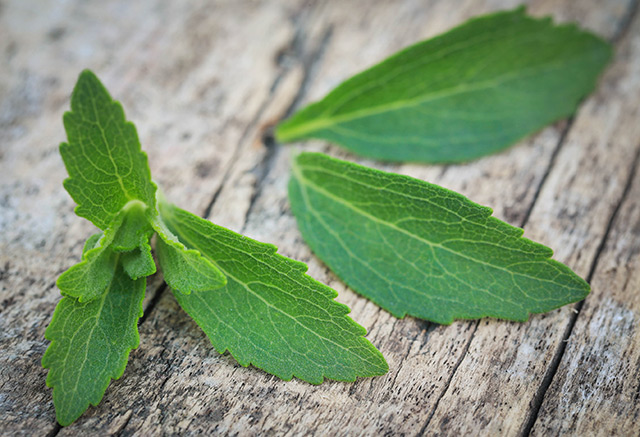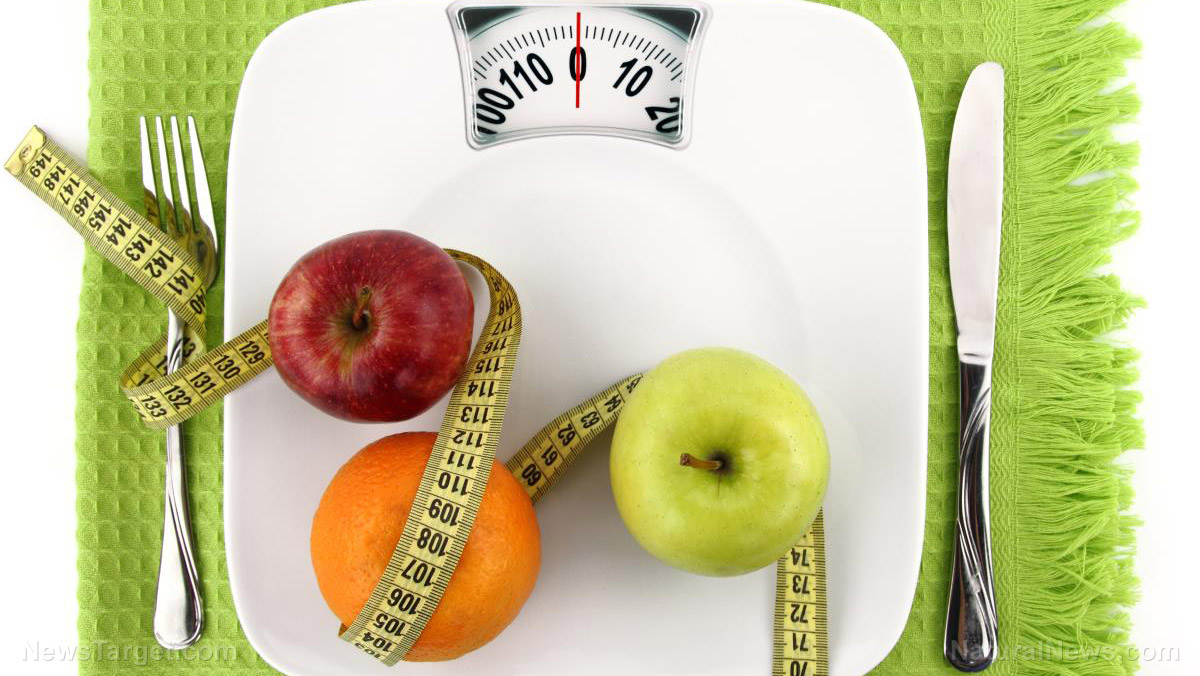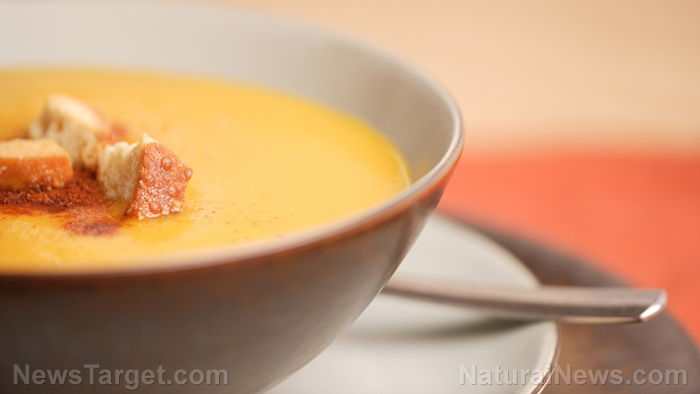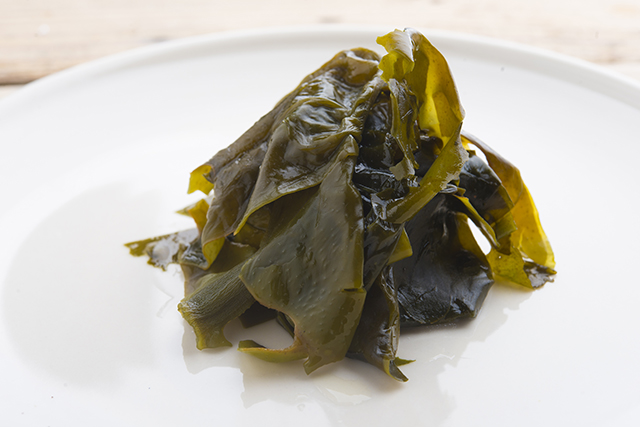
What makes stevia sweeter than regular sugar?
Researchers at the Washington University in St. Louis determined the molecular structure of an enzyme called UGT76G1. A uridine diphosphate-dependent glucosyltransferase, UGT76G1 catalyzes the addition of branched glucosides to compounds in stevia, primarily two diterpenoids, rebaudioside A (RebA) and stevioside – to make stevia 200 times as sweet as regular sugar. Conversely, without these branched glucosides, stevia loses its sweetness.
To study the molecular structure of UGT76G1, the scientists used a method called x-ray crystallography. With this method, they crystallized the enzyme by binding it to RebA, revealing a molecule and a large cavity that accommodates the growing branched chain. According to the scientists, UGT76G1's large cavity makes it unique among glycotransferases – others found in stevia add glucosides in a more linear manner. Understanding UGT76G1's structure contributed to the scientists' understanding of what gives stevia its high-intensity sweetness, and more importantly, its aftertaste.
Finding sweetness without the aftertaste
While stevia is sweeter than sugar, it comes with a slight metallic aftertaste, resembling “licked aluminum foil,” according to the study's lead author Joseph Jez, professor of Biology in Arts & Sciences. It is this aftertaste that tends to turn many consumers off this natural sweetener.
“The taste is particular to the predominant molecules in the plant leaf: the stevioside and RebA,” said Jez. “It is their chemical structure that hits the taste receptors on the tongue that trigger ‘sweet,’ but they also hit other taste receptors that trigger the other tastes.”
While RebA and stevioside represent the main components that give stevia its sweetness, they are not the only ones. Jez pointed out that there is evidence that stevia contains other trace rebaudiosides that do not have the same unsavory aftertaste.
In addition, studying how UGT76G1 works can help scientists find other plants that can give the same sweetness as stevia. “There are also molecules in other plants that are not ‘stevias’ but can deliver intense sweetness,” Jez said. “We could use the information of how the stevia plant does it as a way of finding those details.”
Stevia is not the only sweetener with an undesirable aftertaste; artificial sweeteners such as aspartame and saccharin also have noticeable aftertastes. However, unlike stevia, these artificial sweeteners come with adverse health effects when consumed in large amounts.
Benefits of stevia
Stevia is a natural sweetener that has been used for centuries in Central and South America. As a healthy substitute for sugar, stevia can be beneficial for people with Type 2 diabetes. Aside from helping them cut down on sugar, chemicals in the plant also help decrease blood sugar levels by inducing the oxidation of adrenaline and producing the sugar-reducing compound, adrenochrome.
In addition to helping with diabetes, stevia also has anti-inflammatory and even anti-cancer properties. This is due to the chlorophylls and xanthophylls present in stevia. Not only do these help protect the body from harmful carcinogens, they can also limit the kind of cell growth that leads to the development of tumors.
In addition to these benefits, stevia can also offer another advantage for anyone looking to increase their food independence. Unlike sugar, which is refined in mills, and artificial sweeteners, which are produced in labs, the stevia plant can easily be grown in the backyard.
Discover more benefits of choosing stevia over artificial sweeteners at Sweeteners.news.
Sources include:
Please contact us for more information.























